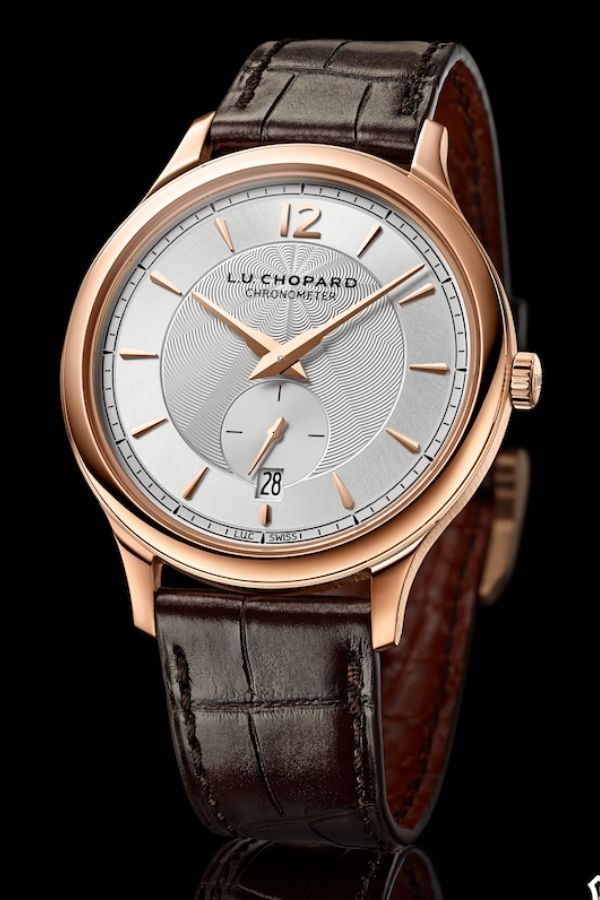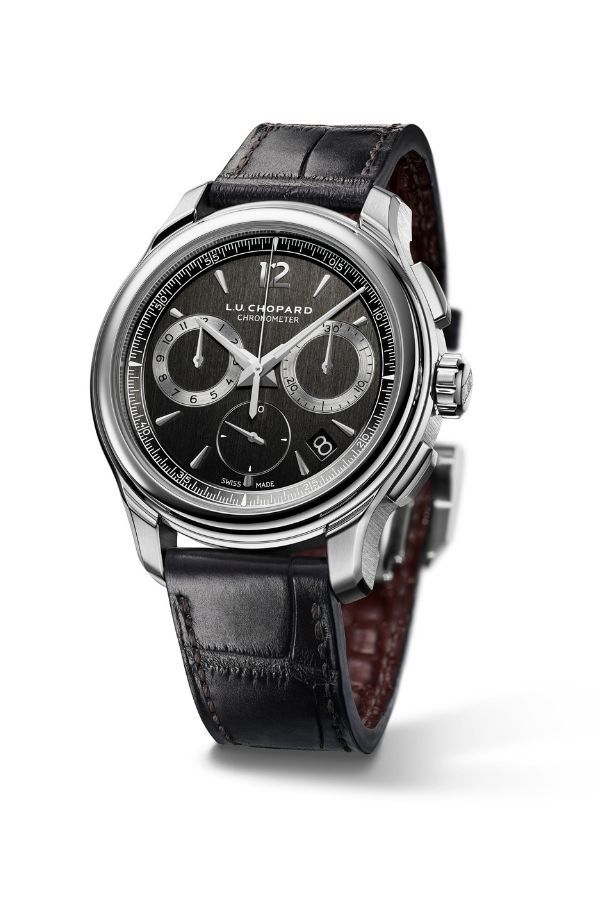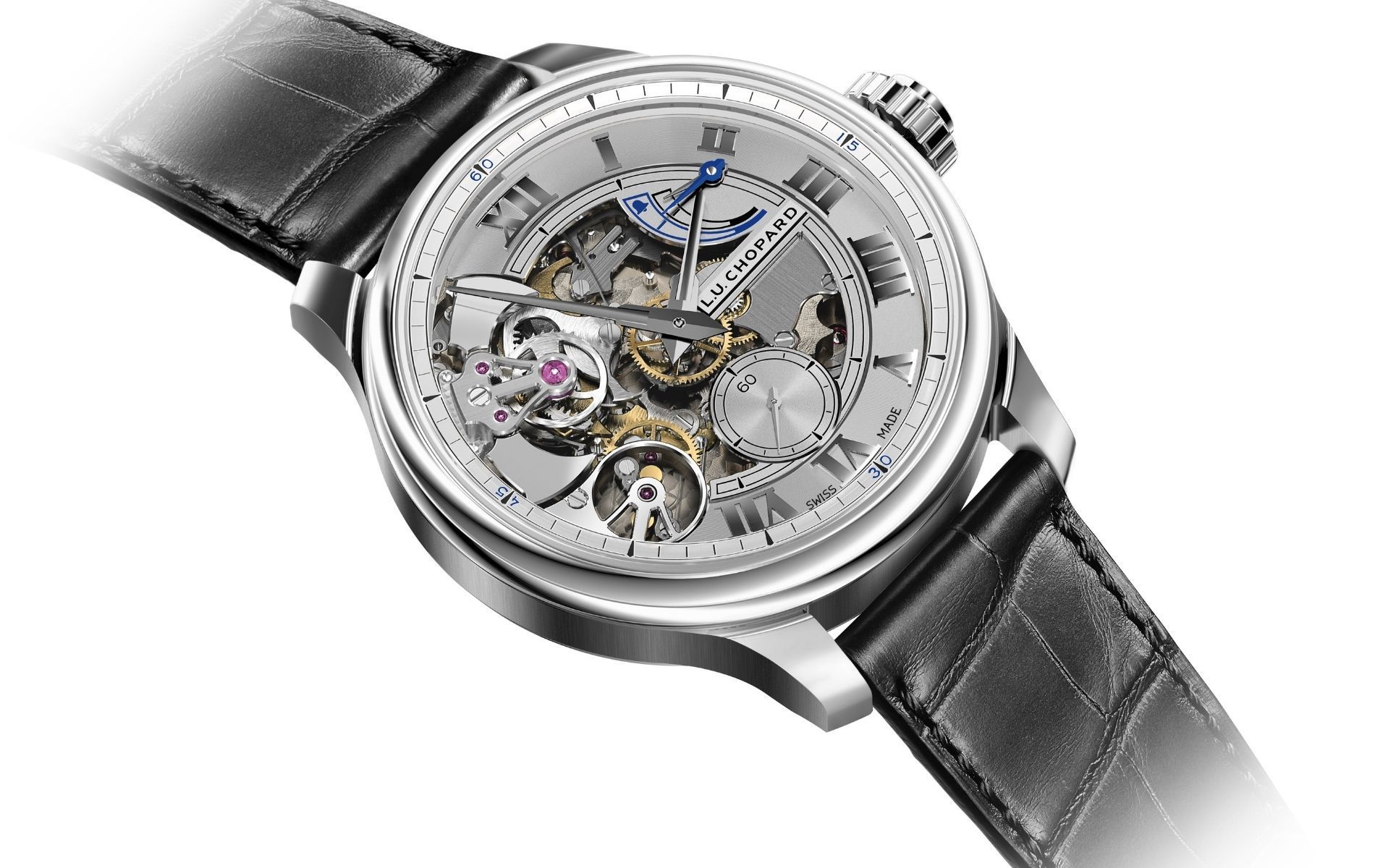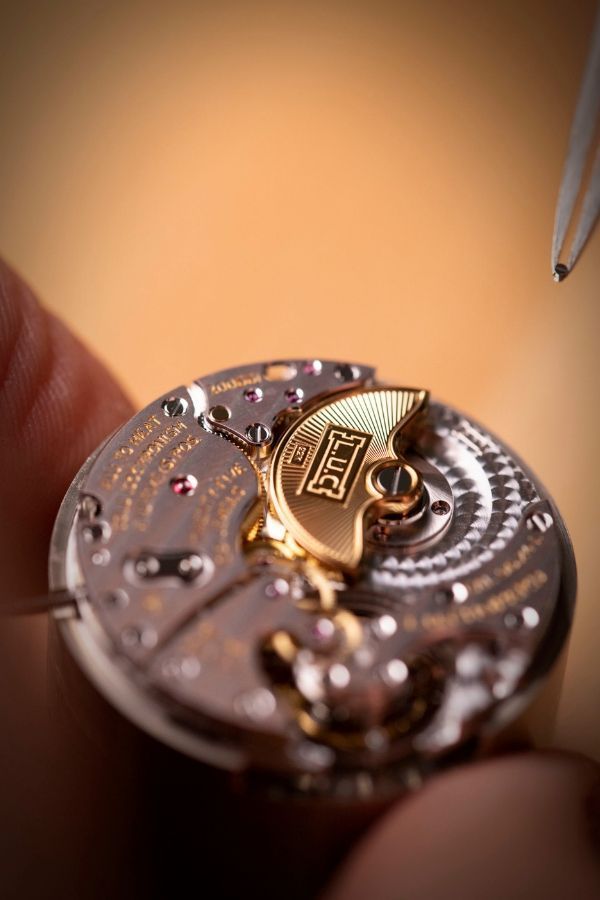On the occasion of the Chopard manufacture's 25th anniversary, co-president Karl-Friedrich Scheufele shares how his expensive plan to elevate the company's high watchmaking skill has paid off
In the early 1990s, while the Swiss watch industry was still reeling from the after effects of the quartz onslaught, Karl-Friedrich Scheufele made the bold decision as co-president of Chopard to invest in a movement manufacture. Costly and risky, Scheufele felt that it would be to the company's benefit in the long run to possess the ability to create its own movements. He saw it as the only way for Chopard to gain independence as a watchmaker and become "the master of our own destiny."
The Fleurier manufacture became fully operational in 1996 and it commemorated its opening with the release of Calibre 1.96, which combined a bi-directional rotor with twin barrels, a standard feature in Chopard's signature L.U.C watches. The calibre would eventually appear in the L.U.C 1860 the following year. "It was very important to me that we didn't launch just another automatic movement," stressed Scheufele then.
What made the Calibre 1.96 stand out was the twin-stacked barrels that provided 65 hours of power reserve, and the bi-directional winding system (as opposed to the more common unidirectional rotor) that lent the watch greater efficiency. Also the Poincon de Geneve and COSC certifications verified the authenticity of the calibre—not to mention the Chopard watchmaking team's hard work and dedication.
The manufacture would only grow in strength. There have been many breakthroughs since, notably the L.U.C Quattro, the world's first wristwatch with four barrels, the L.U.C Chrono One which remains one of the most technically advanced automatic chronographs, and, of course, the L.U.C Full Strike, the world's first minute repeater with sapphire crystal gongs. In 2017, the latter won Chopard the coveted Aiguille d'Or prize, the highest honour at Grand Prix d’Horlogerie de Genève (GPHG).
See also: Chopard Watches Steal The Show In "Crash Landing On You"

Chopard's contributions to the world of high watchmaking is undeniably immense, helping the company to solidify its position amongst the best of the best in the field. Clearly there is much to celebrate as the Fleurier manufacture enters its 25th year. In this exclusive interview with Tatler, Scheufele reflects on the past and shares what lies ahead.
How do you feel about the manufacture celebrating its 25th anniversary?
It's a good feeling because we have a nice track record of interesting movements and complications. But obviously we still have a lot of plans.
It has been a pet project for you from the start. Why was it important that Chopard has its own manufacture to conceive and design its own movements?
First and foremost, I wanted our watches to be really authentic and have integrity. Second, it was important for us to become independent when it comes to sourcing for movements. And third, we managed to integrate a whole world of craftsmanship which we wouldn't be able to if there hadn't been a manufacture. The response—from clients, journalists and partners—proved that we were perfectly right in doing so, and doing it an an early stage.
See also: Julia Roberts Is The New Face Of Chopard's Happy Sport Watch



